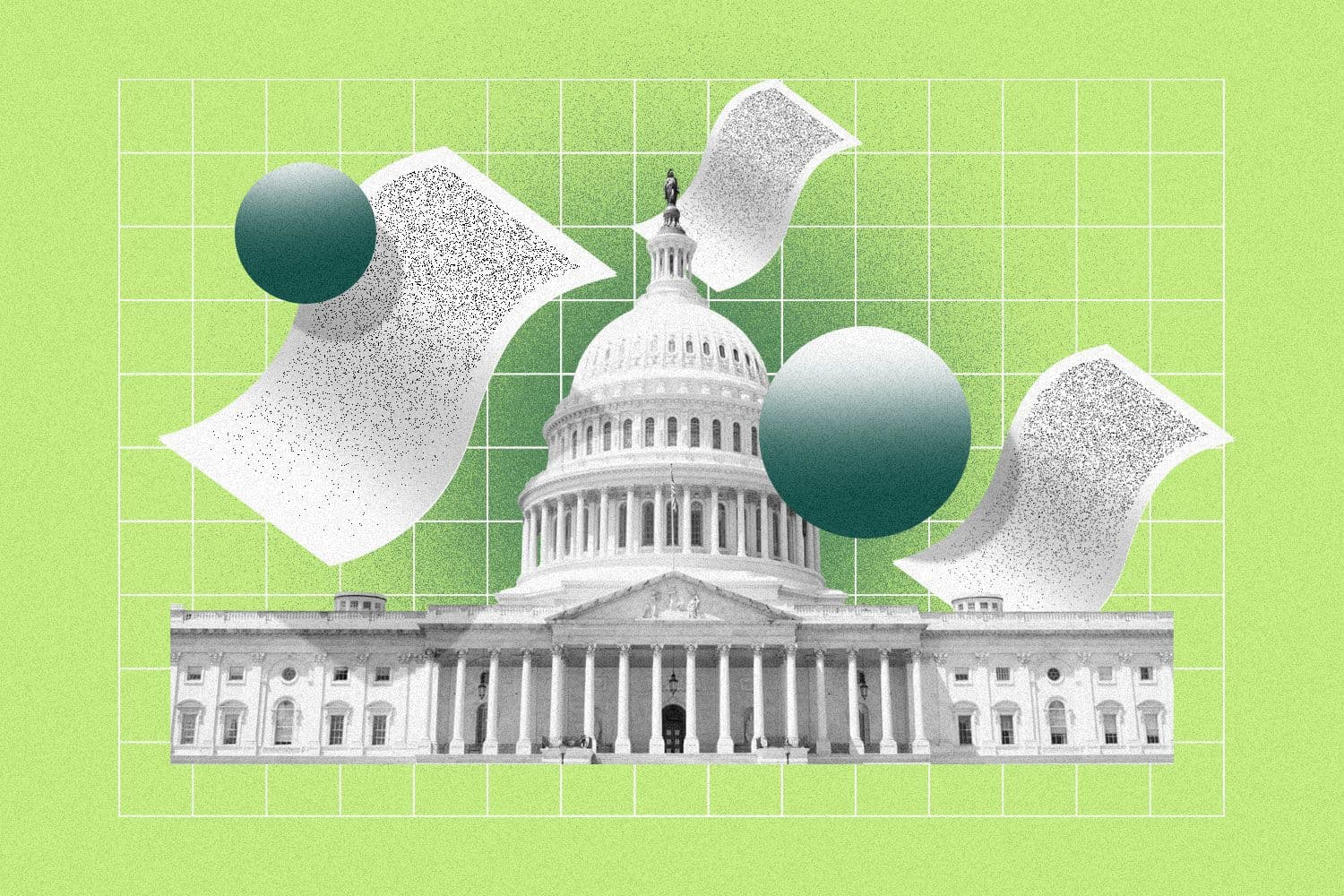Legislative lowdown: NLRB restores pre-2020 union representation policies
The rule is expected to make it harder for employees to hold decertification elections, as well as challenge employers’ decisions to voluntarily recognize unions.

Francis Scialabba
• 3 min read
Courtney Vinopal is a senior reporter for HR Brew covering total rewards and compliance.
The National Labor Relations Board (NLRB) issued a rule on July 26 that rescinds several Trump-era policies for establishing union representation. The rule, which is set to take effect September 30, is expected to make it harder for employees to challenge unions in their workplaces.
‘Blocking charge’ policy allows for decertification delays. If employees decide they no longer want to be represented by a union, they can move to decertify the union through an election. When this happens, it’s not uncommon for unions to file a “blocking charge,” alleging an unfair labor practice—a tactic that, prior to 2020, could help delay decertification.
A rule issued in 2020 under the Trump administration challenged this tactic, allowing decertification elections to move forward even while blocking charges were being litigated. The NLRB is reversing this rule, and will once again allow the board’s regional directors to delay elections if unfair labor practice charges have been filed that are determined to be “sufficiently serious to interfere with employee free choice,” according to an agency press release.
In light of this change, HR pros should expect election periods to last longer when unfair labor practice charges are pending, Robert Boonin, a labor and employment attorney with law firm Dykema, told the Society for Human Resource Management (SHRM). In the meantime, an employer will be limited “with respect to its ability to change wages, hours, and working conditions,” he said.
Quick-to-read HR news & insights
From recruiting and retention to company culture and the latest in HR tech, HR Brew delivers up-to-date industry news and tips to help HR pros stay nimble in today’s fast-changing business environment.
Rule limits worker challenges to voluntary recognition. The 2020 rule also imposed a mandatory 45-day period during which workers had the opportunity to challenge their employer’s decision to voluntarily recognize a union. Under voluntary recognition, companies can recognize a union if a majority of workers sign cards indicating their support for representation, effectively bypassing the election process.
The NLRB rule that will take effect in September gets rid of this mandatory waiting period, and restores a “voluntary recognition bar” that prevents employees from filing a decertification petition for at least six months, and no more than a year, after their first bargaining session with a union is held. Should workers reach a contract with a union through a collective bargaining agreement, they’ll now have to wait three years before seeking to decertify.
What the rule means for HR. Management can expect to see more union organizing in their workplaces once the NLRB returns to pre-2020 policies surrounding decertification and voluntary recognition, Amanda Sonneborn, an attorney with law firm King & Spalding, told SHRM. “Executives and HR professionals need to be mindful that these technical changes could lead to an increase in union organizing activity, as they decrease some of the friction that unions believe they face to organize employees,” she said.
Quick-to-read HR news & insights
From recruiting and retention to company culture and the latest in HR tech, HR Brew delivers up-to-date industry news and tips to help HR pros stay nimble in today’s fast-changing business environment.